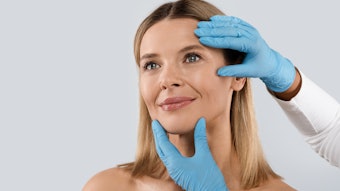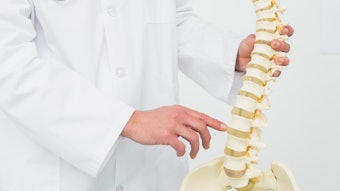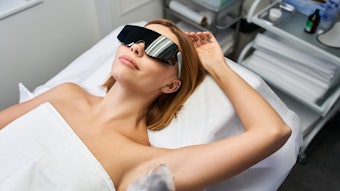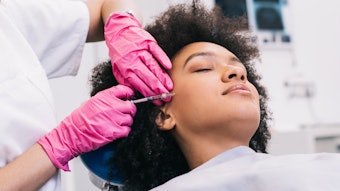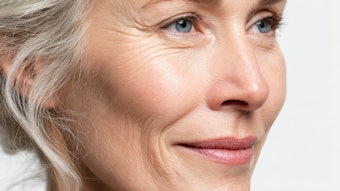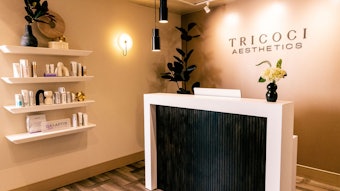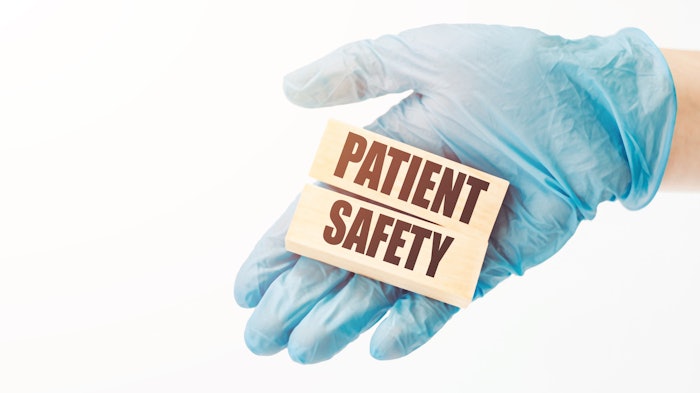
On March 14, 2022, the U.S. Food & Drug Administration issued a safety communication warning against the use of the J-Plasma/Renuvion Helium Plasma Device for aesthetic indications. Providers should be aware of the concerns raised by the FDA and inform patients of potential adverse events, if you are using the device for the indications shared below. The warning was preceded by an increase in reports of complications to the FDA’s MedWatch Voluntary Reporting Program, which are available to the public in the Manufacturer and User Facility Device Experience (MAUDE) database.
Related: [FDA] Do Not Use Needle-Free Devices for Injection of Dermal Fillers
Binita Ashar, MD, director of the Office of Surgical and Infection Control Devices in FDA’s Center for Devices and Radiological Health, shared the concerns that prompted the warning via email with MedEsthetics. On March 14, Apyx Medical, developer of Helium Plasma Technology, which is marketed and sold as Renuvion in the cosmetic surgery market and J-Plasma in the hospital surgical market, also released a statement in anticipation of the safety communication.
“The adverse events observed with the use of the device to improve the appearance of the skin, which is not an FDA-cleared use of the device, led the FDA to quickly communicate on this issue,” said Dr. Ashar. “The adverse events, some of which are potentially life-threatening, associated with the unapproved use of the Renuvion/J-plasma device include second- and third- degree burns, infection, change in skin color, scars, nerve damage, significant bleeding and air or gas accumulation under the skin, in body cavities and in blood vessels.”
Related: Legal Issues: Informed Consent
The FDA continuously monitors medical device reports (MDRs) for new information that may indicate there is a safety concern with a medical device. “Besides monitoring the number of MDRs the FDA may receive related to a certain device, MDR analysts also look for newly recognized types of adverse events associated with a medical device, the severity or frequency of a known adverse event, new product-to-product interactions, device malfunctions, patient injuries potentially related to improper device use or design or a reduction in benefit to the patient,” said Dr. Ashar. “In this case, the severity of the adverse events listed above prompted the FDA to develop and issue a communication to inform and protect patients contemplating using this device.”
Both Dr. Ashar and Charlie Goodwin, president and CEO of Apyx, noted that the adverse events highlighted in the safety communication were related to aesthetic uses of the device for dermal skin resurfacing and during liposuction procedures, not the FDA-approved indications for cutting, coagulation and ablation of soft tissue during open and laparoscopic surgical procedures.
“Examples of adverse events reported with the FDA-cleared use of the device include postoperative adhesions and device malfunctions, such as broken or bent blade tips,” said Dr. Ashar.
Related: ASDSA Launches Patient Safety Database
Goodwin emphasized that the company continues to work with the FDA, both in ensuring voluntary reporting of all complications related to their products and in pursuing additional 510(k) approvals for the J-Plasma/Renuvion device.
“To be clear, our advanced energy products remain on the market, they continue to retain their existing FDA 510(k) clearances, and we intend to continue marketing and selling our products for their existing clinical indications. We also look forward to continuing to engage with the FDA in support of our two pending 510(k) premarket notifications, which remain under review by the agency.,” said Goodwin. “As a reminder, these two pending 510(k) premarket notifications are intended to obtain a general indication for use of the Renuvion Dermal handpiece in dermatological procedures requiring ablation and resurfacing of the skin, and a specific clinical indication for treating wrinkles and rhytids, pursuant to our regulatory focus on the dermal resurfacing procedure category. Clearances for these indications will allow for training of all new users through Apyx Medical’s nursing staff and communication of recommended treatment parameters, warnings and precautions through product labeling. Additionally, we are committed to submitting a third 510(k) premarket notification by the end of March, which will be supported by data from our U.S. IDE clinical study evaluating the use of Renuvion technology in skin laxity procedures in the neck and submental region.”
The FDA encourages patients and health care providers to report any problems related to medical devices to the FDA using the MedWatch Voluntary Reporting Form.

